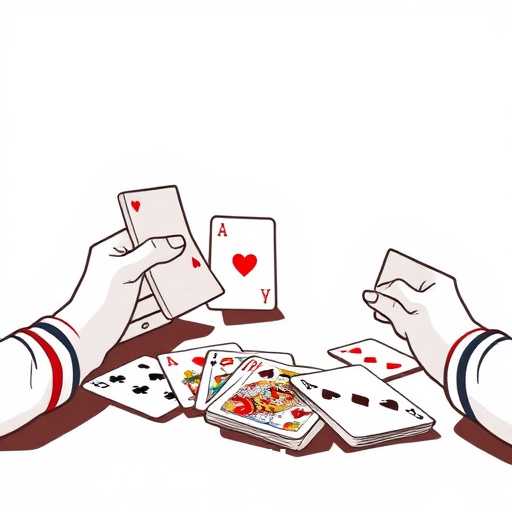Card games have long been a beloved pastime for people of all ages. Whether played casually with friends at a local café or in serious competitions, they have an undeniable charm and accessibility that makes them popular across different cultures and generations. These games are often simple to learn but can be challenging to master, offering a perfect blend of entertainment and strategy.
One of the most appealing aspects of card games is their versatility. From classic games like Poker, Bridge, and Solitaire to more contemporary adaptations like Uno or Exploding Kittens, card games cater to a broad audience. Each game has its own set of rules, styles, and strategies that can be adapted or modified, keeping gameplay fresh and engaging.
In addition to traditional card games, the digital age has seen a significant transformation in how these games are played. Online platforms allow players to engage with their favorite card games virtually, connecting with friends or challenging opponents from around the globe. This evolution has broadened the audience for card games, transitioning them from a local pastime to a global phenomenon.
Despite the advances in digital gaming, there is something uniquely satisfying about sitting around a table, shuffling a physical deck of cards, and sharing a game with others. The tactile experience of handling cards and the social interaction that accompanies in-person gameplay remain significant draws for enthusiasts.
Card games also serve an educational purpose. They are known to bolster critical thinking, improve memory, enhance mathematical skills, and promote strategic planning. These cognitive benefits make card games a recommended activity for learners of all ages.
Outside the realm of casual play, card games also have a significant presence in competitive gaming and gambling. Professional tournaments for games like Poker offer significant prize pools, attracting skilled players worldwide and highlighting the strategic depth of card-based gaming.
In conclusion, card games represent a rich tapestry of shared human experience and innovation. They demonstrate an enduring appeal that spans generations, inviting players to explore endless variations, develop new strategies, and forge connections with others. Whether through an internet connection or across a physical table, card games continue to enthrall and entertain, proving their status as a timeless form of recreation and challenge.








